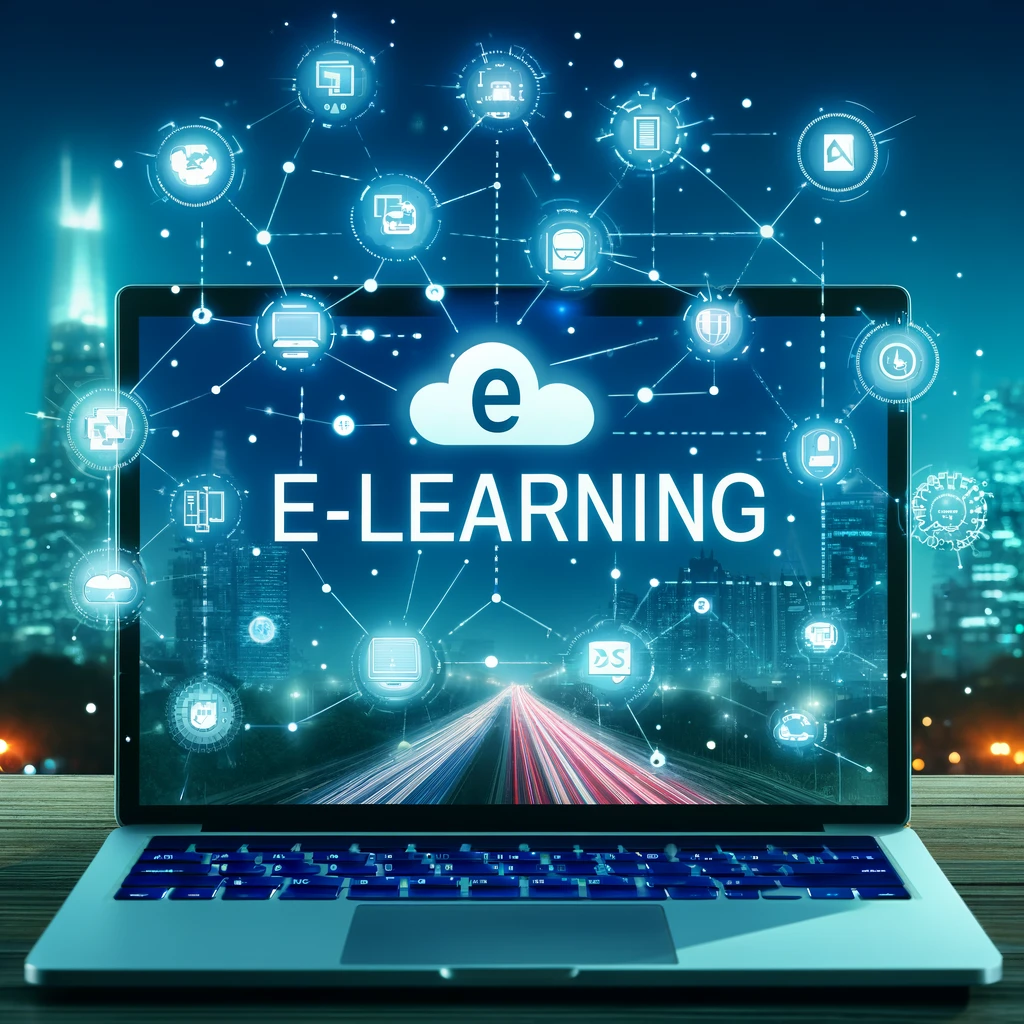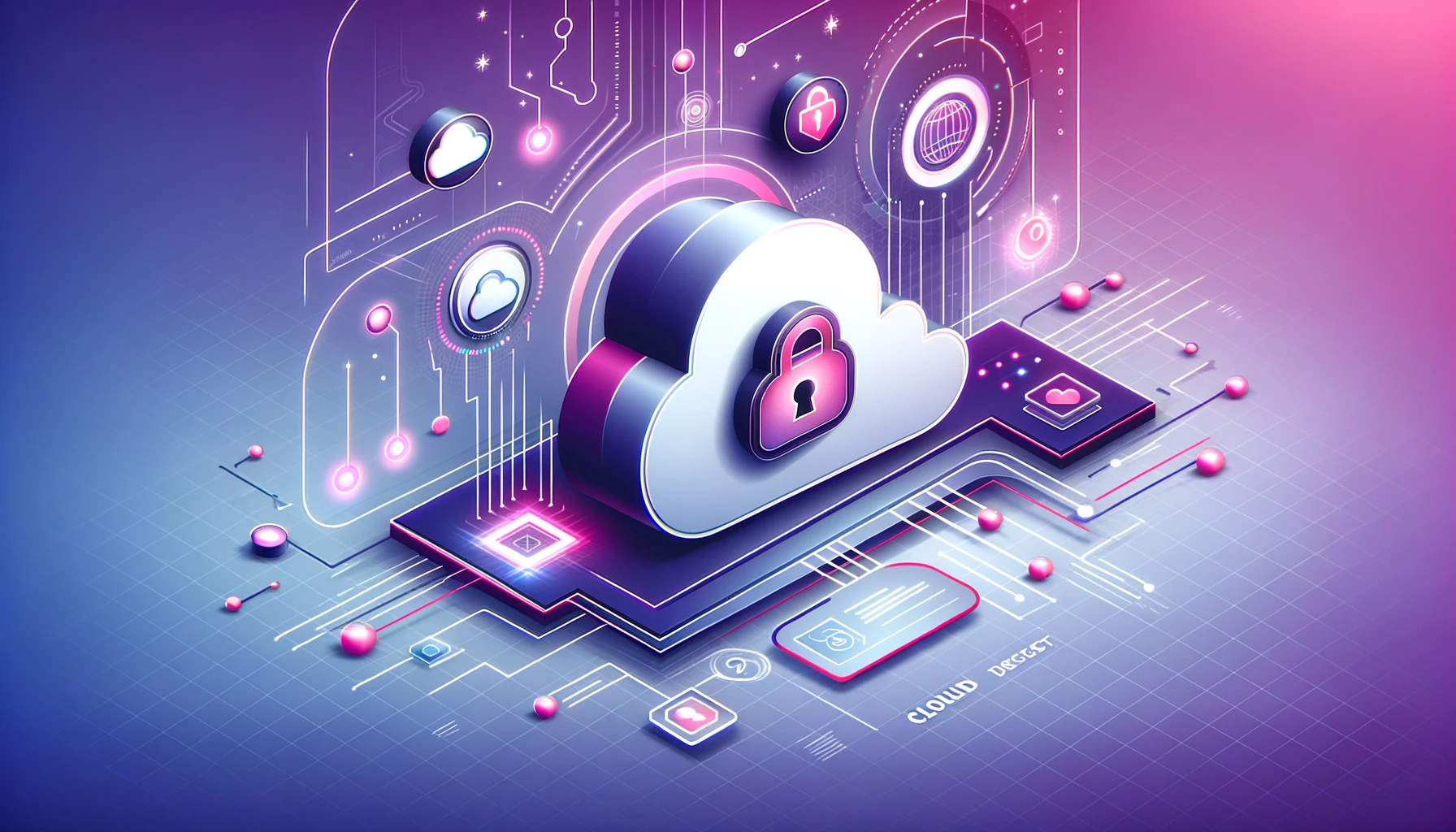Transform your business with the Internet of Things
Gain comprehensive IoT knowledge and skills for business innovation.
The Internet of Things (IoT) module will give you a solid understanding of IoT basics, its applications, and how it impacts business models. You’ll learn about IoT architecture, communication protocols, devices, and data management techniques.
The course also covers IoT connectivity options, security, and risk management. Additionally, you’ll develop skills in managing IoT projects and analyse real-world case studies to see how IoT can transform business models.
Experience innovative online learning with interactive and engaging teaching methods
Teaching methods include lectures, guest lectures, seminars, case study analysis, and a flipped classroom approach. Both ongoing and final assessments will measure student progress. Ongoing assessments provide feedback to help improve your study pathway. Clear assessment rubrics and criteria will be provided for each topic, showing how you will be assessed against learning objectives.
Various assessment tools such as exams, assignments, projects, and exercises will directly measure your knowledge, skills, and competencies. The final grade consists of a 50% proctored written exam and a 50% end-of-term project.
Time commitment
Classroom and demonstrations: 24 hours
Practical work/tutorials: 24 hours
Independent learning: 77 hours
Total: 125 hours
Credit points
5 ECTS
Full course breakdown
Subjects covered:
Internet of Things is a 5 ECTS module that runs for 12 weeks, with 2hrs of Class time and 2 hrs asynchronous content of class time each week. Here’s a schedule of the topics we’ll cover each week:
-
- IoT Fundamentals for Business
- Historical development
- Key concepts
- Applications across industries
- IoT Business Models and Strategies
- Value creation
- Monetization
- Competitive advantage
- Case studies
- IoT Architecture and Protocols
- Components
- Communication protocols
- Data management
- IoT Devices and Sensors
- Functions and applications
- Types of sensors, including motion sensors
- IoT Connectivity and Networking
- Connectivity options
- Networking technologies
- Challenges
- IoT Security and Privacy in Business
- Security concerns
- Mitigation strategies
- Business implications
- IoT Data Analytics for Business
- Data processing
- Storage
- Analysis techniques
- Tools and platforms
- IoT Cloud Computing for Business
- Cloud-based IoT platforms
- Services
- Benefits and challenges
- IoT Edge Computing for Business
- Benefits
- Challenges
- Use cases
- Fog computing
- IoT Project Management for Business
- Principles
- Practices
- Methodologies
- Risk management
- IoT Standards and Regulations for Business
- Industry standards
- Data protection
- Compliance
- IoT Business Model Development Case Studies and Future Trends
- Case studies
- Future trends
- Impact of emerging technologies such as AI and quantum computing
- IoT Fundamentals for Business
Learning objectives
The Internet of Things curriculum offers a complete understanding of IoT basics, applications, and their impact on business models. By the end of this module, learners will be able to:
- Critically analyse IoT architectures and protocols, identifying their suitability for different business applications.
- Design and develop IoT solutions to address specific business challenges, integrating hardware, software, and network components.
- Evaluate the performance and scalability of IoT systems in real-world business scenarios, proposing improvements. Apply IoT data analytics techniques to derive actionable insights for business decision-making.
- Collaborate effectively in teams to develop IoT solutions, enhancing team competences and communication skills.

Module leader
Grace Herbert, NCI
Grace draws on a strong background in cybersecurity and computing, alongside extensive experience at the National College of Ireland, to design and lead the development of innovative modules across key emerging technologies. She has led the development of the Cloud Computing and Internet of Things modules and co-developed the Blockchain Technologies and Quantum Computing modules in collaboration with Lorraine Gorimani.
Each module is grounded in critical thinking, technical rigour, and real-world relevance, equipping students with a robust understanding of both foundational principles and strategic applications. Grace is committed to advancing educational innovation and empowering learners with the knowledge and practical skills needed to navigate rapidly evolving digital landscapes.
Opening up digital opportunities for aspiring professionals and industry innovators
This module is aimed at professionals, students, and industry stakeholders interested in how IoT technologies can drive business innovation.
It is designed for future IoT project managers, data analysts, business strategists, and professionals involved in digital transformation. Graduates will gain the ability to manage IoT projects, innovate with data-driven business models, and address critical challenges in IoT security and data management in a business environment.
Download the prospectus
Become part of the Digital4Business ecosystem
This IoT module is integral to the Digital4Business initiative, an EU-funded online master’s that’s aimed at developing future digital leaders and strategists. Discover how digital transformation fosters business innovation and efficiency, and acquire the skills necessary to excel in the digital age.
FAQs
Relevant EQF Level 6 qualification required in a relevant field including but not limited to: computer science, IT, engineering, maths, business, or economics. Without this you will have an interview and assessment to evaluate certifications, qualifications or professional experience.
Minimum B2 English proficiency, plus 2 years’ work or education in an English-speaking environment. IELTS: 6.0; TOEFL PBT: 600; TOEFL CBT: 200; TOEFL iBT: 100. Alternatively, proficiency may be assessed via a test or interview
This EU co-funded programme is open to all EU27, EEA, UK and Ukrainian nationals with a passport or valid ID from one of these countries.








)